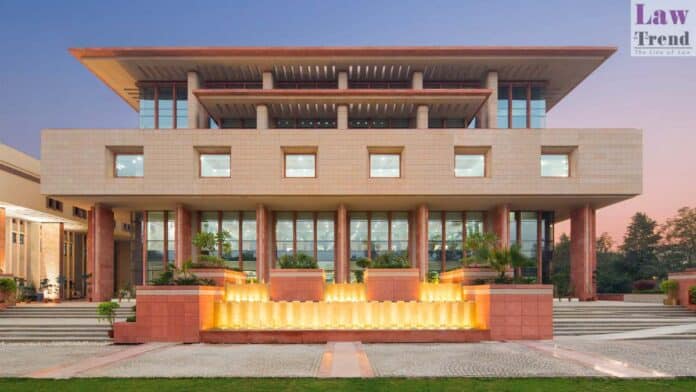The Delhi High Court has granted permission for a minority category student to attend classes at St Stephen’s College while a seat allocation dispute with Delhi University (DU) continues to unfold.
In a session presided over by Chief Justice Manmohan and Justice Tushar Rao Gedela, the court addressed appeals from both the college and the student against a prior ruling by a single judge that denied admission. The court’s decision permits the student to attend classes pending further judicial review and has put a halt to the allocation of additional seats under the minority quota.
The bench noted, “Given that the single judge found 18 students were entitled to admission at St Stephen’s College and one seat remains vacant in the chosen field by the appellant student, we allow him to attend classes until further decisions are made.”
The case arose from an October 14 judgment by a single judge who confirmed that 18 out of 19 students could be admitted based on merit. The controversy escalated when it was revealed that the 19th student, whose appeal was under consideration, sought admission after another candidate declined their seat. This student aimed to enroll in the Bachelor of Arts program.
Delhi University resisted the appeals, arguing against the college’s ability to modify its seat matrix after admissions decisions had been made. According to DU’s representation before the single judge, St Stephen’s College had distributed seats based on “its whims and fancies” rather than adhering to the prescribed seat matrix.
Conversely, St Stephen’s College argued that the admission of the 19 students was within the “sanctioned intake” limits and that it had not exceeded the permissible number of admissions.
The Delhi High Court’s interim order highlights the ongoing tension between the autonomy of educational institutions in managing their admissions policies and the regulatory oversight of universities. The court also emphasized that no further seats should be allocated under the minority quota until a final ruling is made, stating, “Let it (any such vacant seats) go waste.”




